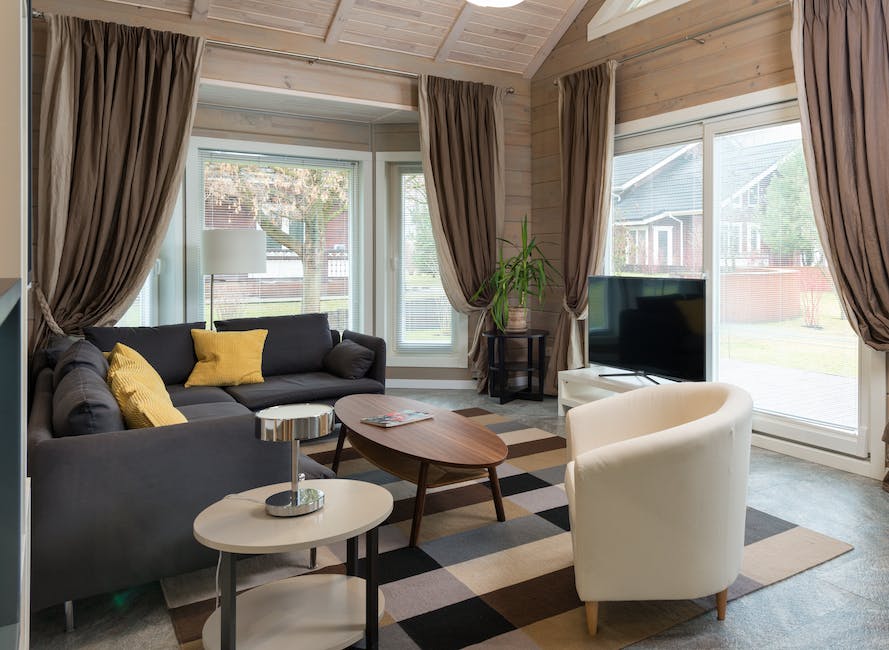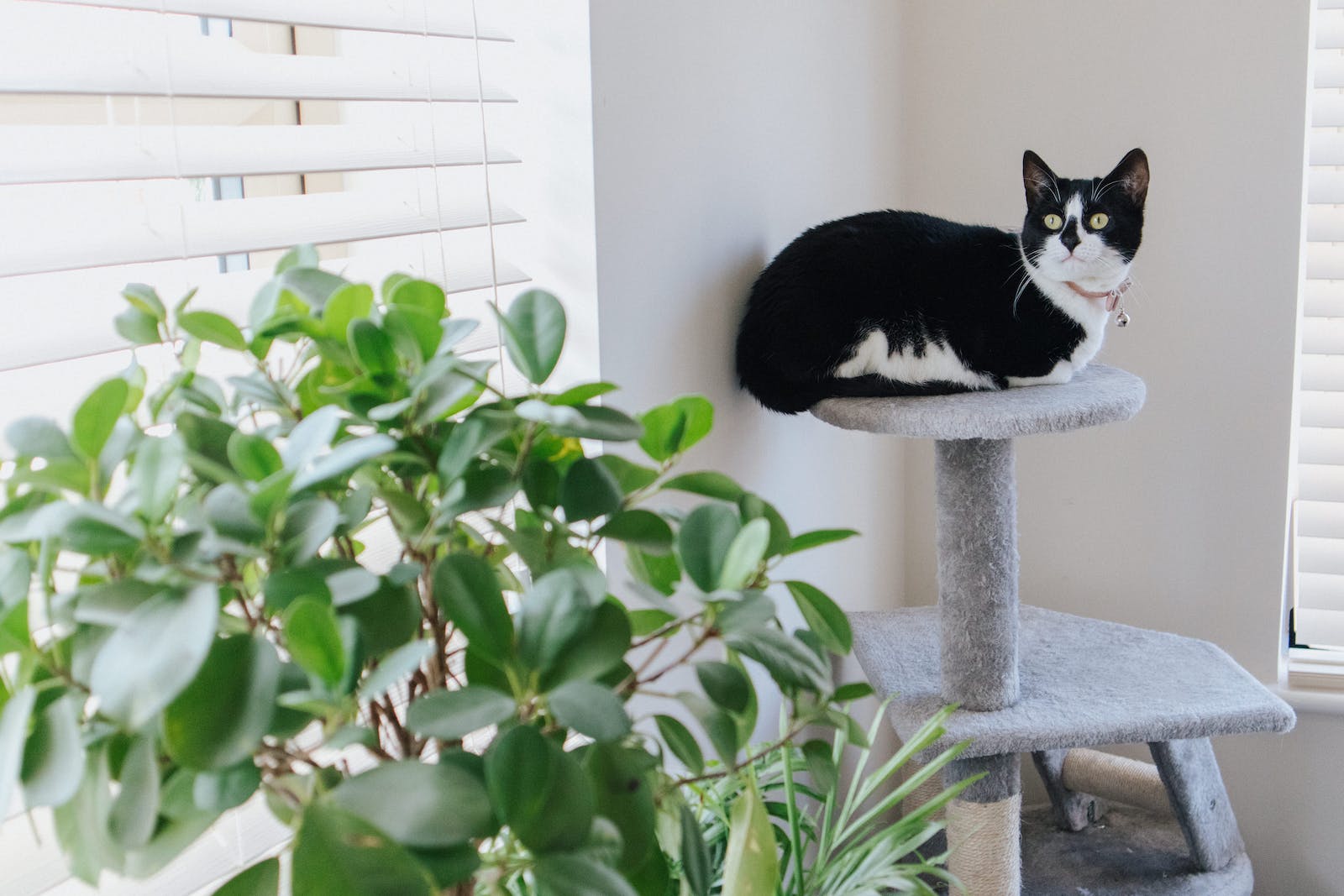The Pros and Cons of Corner Sofas
Discover the benefits and drawbacks of choosing a corner sofa for your living space.
Corner sofas have become a popular choice for many homeowners due to their stylish appearance and space-saving design. These versatile pieces of furniture can transform the look and feel of a living room, providing ample seating and a cozy environment for relaxation. However, like any other furniture option, corner sofas come with their own set of advantages and disadvantages that should be considered before making a purchase decision.
In this article, we will explore the pros and cons of corner sofas, helping you make an informed choice for your living space. Whether you're looking to maximize seating in a small area or create a comfortable lounging space for your family and guests, understanding the benefits and drawbacks of corner sofas is essential.
Pros
Corner sofas offer several advantages that make them an appealing choice for many homeowners. From their space-saving design to their versatility, corner sofas can enhance the functionality and aesthetics of any living space. Let's explore some of the key benefits of choosing a corner sofa for your home.
Space Utilization
One of the biggest advantages of a corner sofa is its ability to maximize seating in a limited space. By fitting snugly into a corner, these sofas make efficient use of the available area, providing ample seating without overcrowding the room. This can be particularly beneficial for small living rooms or open-plan spaces where optimizing the layout is essential. The L-shaped design of a corner sofa allows it to tuck neatly into a corner, leaving the center of the room free for other furniture or activities.
Versatility in Design
Corner sofas come in a variety of designs, allowing homeowners to choose the configuration that best suits their living space. Whether you prefer a symmetrical or an asymmetrical layout, corner sofas offer flexibility in design, making them suitable for different room sizes and shapes. Additionally, modular corner sofas allow for customization, enabling you to adapt the seating arrangement to your specific needs, such as adding a chaise longue or rearranging the individual sections.
Comfort and Coziness
Corner sofas often provide a cozy and intimate seating area, perfect for relaxing and unwinding after a long day. The L-shaped design creates a sense of enclosure, making the sitting area feel more intimate and conducive to conversation. Additionally, the extended chaise or corner section offers a comfortable lounging space, ideal for stretching out and reclining while watching TV or reading a book.
Defined Zones
In open-plan living areas, corner sofas can help delineate distinct zones within the room. By positioning the sofa in a corner, it creates a clear boundary for the seating area, separating it from other functional areas such as the dining space or home office. This strategic placement can contribute to a well-organized and visually appealing layout, enhancing the overall harmony of the room.
Enhanced Aesthetics
From a visual standpoint, corner sofas can add a stylish and contemporary touch to a living room. The L-shaped design creates clean lines and a modern look, offering a sleek and sophisticated appearance. Additionally, the symmetry of a corner sofa can lend a sense of balance to the room, especially when paired with complementary decor and furnishings. With the right color and fabric choices, a corner sofa can become a striking focal point in the living space.
Customization Options
One of the advantages of corner sofas is the wide range of customization options available. From fabric and color choices to modular configurations, users can personalize their corner sofas to perfectly fit their space, style, and comfort preferences. This level of customization ensures that the sofa blends seamlessly with the existing decor and fulfills the specific needs of the household.
Social Interaction
Corner sofas promote social interaction and togetherness. The L-shaped design encourages face-to-face conversations, making it an ideal choice for gatherings and family time. Unlike traditional sofas, corner sofas can accommodate more people in an intimate setting, creating a cozy atmosphere for socializing, entertaining, or simply spending quality time with loved ones.
Customization Options
Corner sofas often come with customization options, allowing users to choose fabric, color, and configuration tailored to their specific preferences. This level of personalization can add a unique touch to the living space and create a one-of-a-kind visual appeal.
Social Interaction
Corner sofas promote social interaction by creating a cozy and inviting seating arrangement. With ample space for multiple individuals, they encourage gatherings and facilitate conversations, making them ideal for entertaining guests or spending quality time with family and friends.
Missing a pro?
Let us know which pro you are missing!
Cons
While corner sofas offer numerous benefits, there are also some potential drawbacks that should be taken into consideration. Understanding the limitations of these furniture pieces can help you make an informed decision and avoid any unexpected issues down the road. Let's explore some of the key disadvantages associated with corner sofas.
Space Constraints
While corner sofas can be ideal for maximizing space, they may not be suitable for all room layouts. Their L-shaped design, especially in larger configurations, can be challenging to accommodate in some living areas, limiting the flexibility of furniture placement. Additionally, the protruding chaise or corner section may impede traffic flow or interfere with the functionality of the space, particularly in compact rooms.
Assembly and Portability
The modular nature of some corner sofas, while offering customization options, can also pose challenges when it comes to assembly and moving. Large and heavy sections may require careful maneuvering to fit through doorways and tight spaces, making the initial setup and subsequent rearrangement more labor-intensive. Additionally, the individual modules of a modular corner sofa may not always interlock securely, leading to potential shifting or misalignment over time.
Cleaning and Maintenance
The shape and configuration of a corner sofa can make cleaning and maintenance more demanding compared to traditional sofas. Tight corners and crevices in the L-shaped design can trap dust, crumbs, and debris, requiring extra effort to keep the sofa clean. Moreover, accessing and cleaning underneath and behind the sofa may be challenging due to its positioning against the walls, potentially leading to overlooked areas accumulating dirt and dust.
Limited Reconfiguration
While the modular nature of some corner sofas allows for customization, once a specific configuration is chosen, it may be challenging to alter or reconfigure the layout. This can be a potential drawback if your living space undergoes changes or if you want to adapt the sofa to different seating arrangements in the future. Limited reconfiguration options may restrict the versatility of the sofa, especially in response to evolving needs or room layouts.
Cost Considerations
In some cases, corner sofas can be more expensive than traditional sofas, particularly if they feature modular designs, premium upholstery, or additional customization options. The initial investment required for a high-quality corner sofa may exceed the budget for some homeowners, making it a less feasible option from a financial standpoint. Furthermore, the cost of any future repairs or replacements for specific modular sections should also be factored into the overall ownership expenses.
Limited Placement Options
One downside of corner sofas is the limited placement options. Their L-shaped or curved structure may not seamlessly fit into all room layouts, restricting placement possibilities. This limitation can be a challenge in smaller or unusually shaped spaces where traditional sofas might offer more flexibility in positioning.
Uneven Wear and Tear
Another potential disadvantage of corner sofas is the potential for uneven wear and tear. Due to their asymmetrical design, certain sections of the sofa may experience more frequent use and, consequently, show signs of wear more quickly than others. This uneven wear can affect the overall aesthetic appeal and longevity of the sofa if not managed properly.
Challenging Placement
Placing a corner sofa can be challenging in some room layouts, as it typically requires a corner position. This limitation can restrict the flexibility of furniture arrangement, especially in smaller or irregularly shaped spaces.
Maintenance Accessibility
Due to their unique shape and design, corner sofas may present challenges in accessing and cleaning certain areas, such as the corners or underneath sections. This can make regular maintenance and cleaning more time-consuming and labor-intensive.
Missing a con?
Let us know which con you are missing!
Conclusion
Corner sofas offer a blend of style, functionality, and space optimization that can greatly enhance a living room. However, it's important to weigh the benefits against the potential drawbacks to determine if a corner sofa is the right choice for your specific requirements. By considering factors such as room size, layout, maintenance needs, and budget constraints, you can make an informed decision that aligns with your lifestyle and preferences.





